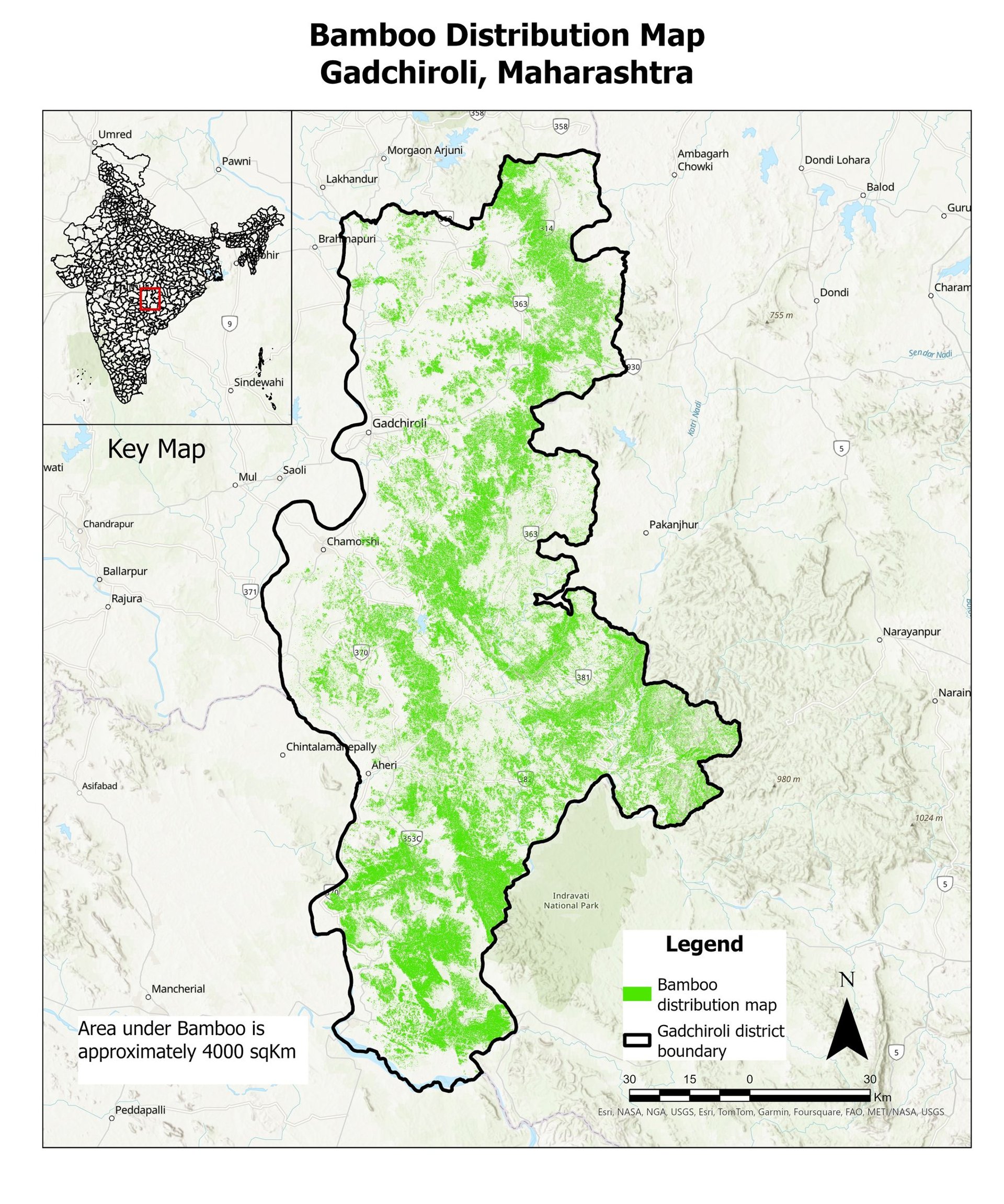
10.12.24
Strategic Partnership for Sustainable Forest Resource Management
The District Administration of Gadchiroli has partnered with the Bharti Institute of Public Policy (BIPP) at the Indian School of Business (ISB). This collaboration advances sustainable forest management and economic development in Gadchiroli, Maharashtra, one of India's most resource-rich yet underdeveloped regions. Gadchiroli is renowned for its vast forests, which provide a variety of seasonal forest products (SFPs), vital to local and indigenous livelihoods. The initiative combines traditional knowledge with modern technology to ensure sustainable management of these forest resources.
Key Partnership Goals
The partnership’s core focus is to create a resource inventory using digital and geospatial technologies. This inventory will map the variety, distribution, and potential yields of SFPs across Gadchiroli district. The goal is to secure Community Forest Resource Rights (CFRR) under the Scheduled Tribes and Other Traditional Forest Dwellers (Recognition of Forest Rights) Act, 2006—commonly known as the Forest Rights Act (FRA). This will allow local tribes and forest-dependent communities to manage and use forest resources sustainably. Data collection and analysis will be carried out using the nCount platform, a digital tool for large-scale resource mapping.
Beyond data collection, the initiative will establish an economic model that integrates ecological preservation with local livelihood creation. It will also assess the abundance of forest products—medicinal plants, resins, honey, and bamboo—to guide sustainable harvesting practices, transforming them into viable income sources. Equitable access to forest products will be ensured through transparent governance in local Gram Sabhas (village assemblies), fostering community ownership and responsibility.
Capacity Building and Local Engagement
A crucial component of this initiative is training and capacity building of community members to form a dedicated ground force. These individuals, including forest guards, community resource persons (CRPs), and Sahayogi Mitras (community volunteers), will be trained in digital data collection, forest mapping, and sustainable resource management. Joint workshops by the District Administration and BIPP will further equip stakeholders with essential skills and knowledge.
The Gadchiroli District Administration will coordinate this multi-departmental effort, bringing together the Forest Department, Police Department, Tribal Welfare Department, and Zilla Parishad for smooth execution. By facilitating data collection and organising training workshops, it will provide the necessary support to expedite the resource inventory exercise. Financial backing for these activities, such as field training and ground logistics, will also be ensured through this collaboration.
Multi-Departmental Coordination
BIPP will provide technical expertise and analytical support for resource mapping and data interpretation. It will generate case studies documenting best practices, positive impacts, and crucial learnings—offering a scalable model for similar initiatives in other forested regions across India.
Expected Outcomes
The collaboration will establish a network of trained local personnel capable of managing and conserving forest resources. It will also produce digital resource maps and generate economic forecasts reflecting the sustainable use of these resources. The resulting data will benefit local communities by enabling more efficient resource use and serve as a valuable tool for policymakers promoting sustainable development in forested regions.
The success of this initiative depends on its capacity to balance ecological sustainability with economic development. By combining local governance efforts with academic research, the partnership presents a community-driven, technology-supported forest management model that can foster green growth and rural development.
This collaboration sets the stage for a long-term commitment to forest resource management, with periodic reviews and adjustments ensuring consistent achievement of sustainability and community empowerment objectives. The lessons learned from Gadchiroli will guide local development strategies and contribute to broader conversations about sustainable forest economy across India.
